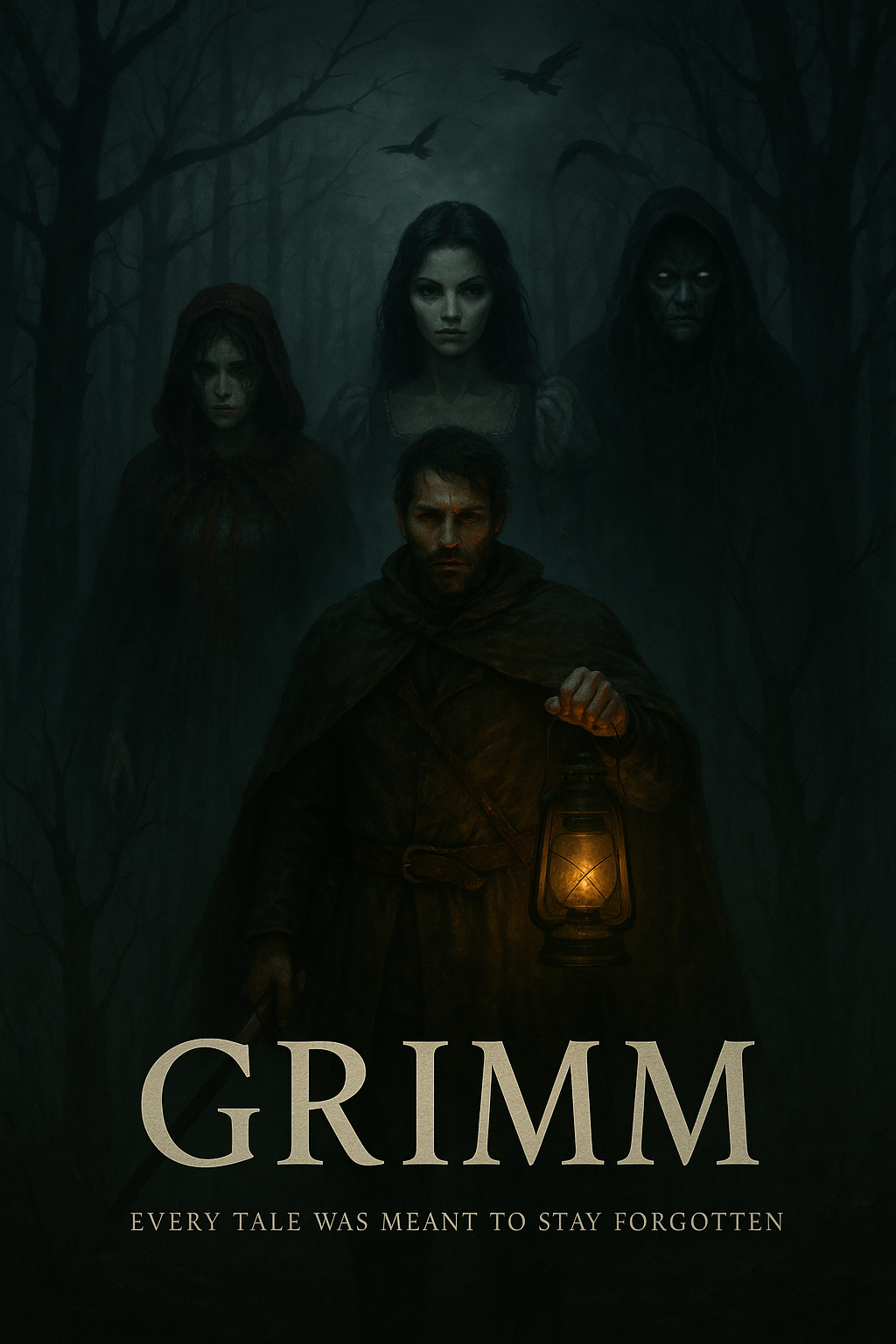In the rich and turbulent universe of The Originals, Netflix offers a profound character study in the figure of Niklaus Mikaelson, a hybrid born from betrayal, raised in torment, and constantly struggling to define his place in a world that never truly wanted him. His origin is not just a secret—it is a curse. Born of an affair between Esther Mikaelson and the werewolf Ansel, Niklaus represents the clash between vampire and werewolf bloodlines, a fusion that was never meant to exist.
From the very beginning, Niklaus’ life is marked by pain. His mother Esther, a powerful witch, tries to conceal his true heritage from her husband Mikael, the brutal patriarch of the Mikaelson clan. But truth has a way of surfacing, and when it does, it tears through the family like wildfire. Upon discovering that Klaus is not his biological son, Mikael unleashes a fury so intense that it shapes Klaus’ psyche permanently. Mikael does not just punish—he hunts, torments, and seeks to erase Klaus from existence.
Yet amid all this darkness, there is Esther, torn between her loyalty to her husband and the love she bears for her son. Her choices are deeply flawed—she turns her children into vampires, binds Klaus’ werewolf side, and ultimately sets the stage for centuries of suffering. Still, her protective instincts toward Klaus are undeniable. She shields him in small, desperate ways, trying to preserve a glimmer of the boy she bore in secret. Her love is perhaps the only thing that keeps Klaus from becoming a complete monster.
And then there’s Ansel, Klaus’ biological father. Though long presumed dead and absent for most of Klaus’ life, Ansel watches from the spirit world, quietly observing the pain his son endures. When he is finally resurrected, his calm presence contrasts with the violence of Mikael. Ansel brings a gentleness, an unspoken apology, and a kind of acceptance Klaus has never known. But the tragedy of Klaus’ life is that he trusts no one—not even the father he always wished he had.
Netflix’s portrayal of Klaus’ life is more than supernatural drama. It is a raw exploration of identity and the desperate need for belonging. Klaus is not merely a hybrid—he is a man torn between what he was born as and what he was forced to become. Rejected by both his vampire and werewolf kin, Klaus carves out his own path, creating a family of his own not through blood but through bonds forged in battle and loyalty.
The recurring theme throughout The Originals is that of family—its power, its pain, and its betrayal. Klaus tries to protect those he loves with the same ferocity that Mikael once used to destroy him. In his daughter Hope, we see a new beginning. She represents everything Klaus wishes he had: love without condition, acceptance without fear. It is in raising her that he begins to understand what it truly means to be a father.
But redemption does not come easy for Niklaus. His actions—ruthless, calculating, often cruel—alienate even those closest to him. His siblings, Elijah and Rebekah, oscillate between fierce loyalty and deep resentment. They are bound not just by blood, but by a shared trauma inflicted by their parents. Each confrontation with Mikael or Esther reopens old wounds, reminding them of the fragile foundation on which their family was built.
The relationship between Klaus and Mikael remains one of the most chilling dynamics in the series. Mikael is not just a villain—he is a broken man who believes his cruelty is justified, a father so consumed by betrayal that he forgets how to love. His hatred shapes Klaus into a creature who cannot trust love, who expects betrayal even in moments of kindness. In many ways, Mikael is the ghost Klaus can never outrun.
Yet despite everything, Klaus remains one of the most compelling characters in modern supernatural television. He is a contradiction—merciless yet tender, feared yet deeply lonely. Netflix allows viewers to see behind the fangs and fury, revealing a man whose deepest wish is to be loved for who he is, not feared for what he can do. He is not just a villain. He is a survivor.
As the series progresses, Klaus’ internal battle becomes more visible. Each act of violence is followed by a moment of reflection. Each betrayal he commits is a defense against the betrayals he suffered. And each ally he pushes away is a reminder of how hard it is for him to believe that anyone could truly accept him, hybrid or not.
In the final seasons, Klaus edges closer to redemption. He sacrifices, he loves, and he forgives in ways that would have seemed impossible at the start. He begins to understand that his power does not lie in his hybrid nature, but in his capacity for change. In choosing to protect rather than destroy, he reclaims his identity not just as a hybrid, but as a father, a brother, and a man capable of love.
Niklaus Mikaelson’s story is not just a supernatural tale—it is a powerful human drama. Netflix captures this beautifully, turning the legend of the hybrid into a narrative of pain, resilience, and the relentless pursuit of acceptance. In a world that told him he was a mistake, Klaus fought to become something more. And in doing so, he became unforgettable.

